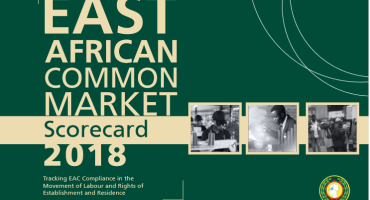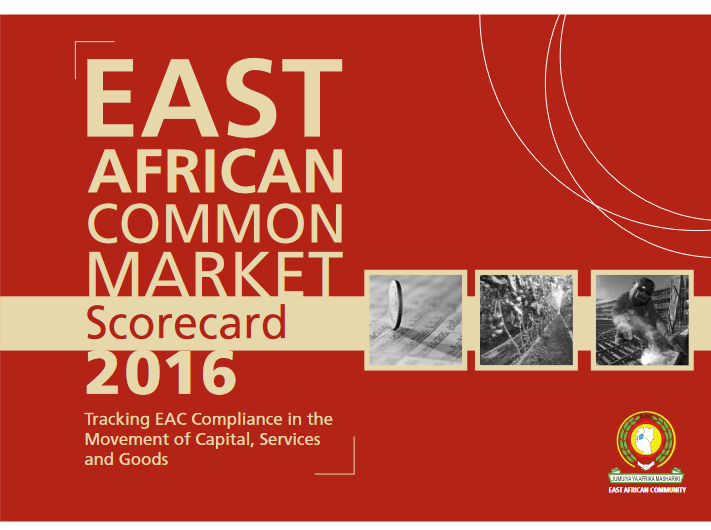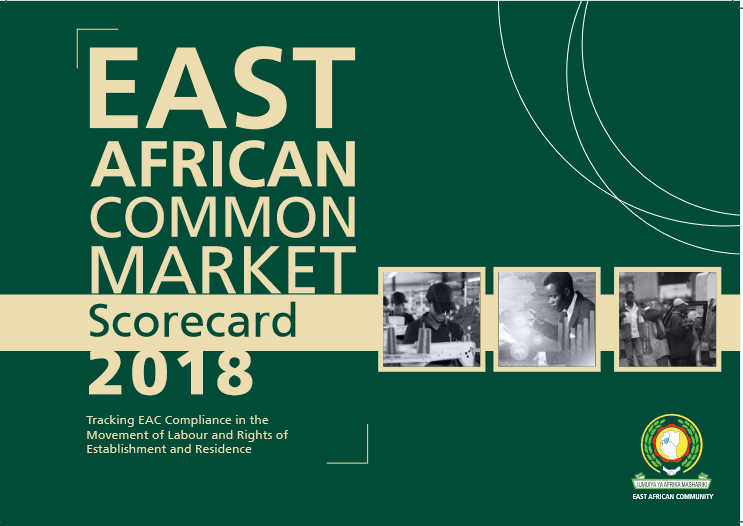Labour and Employment
Labour and employment within the East African Community are integral components of the region's socio-economic development agenda. With a combined population of over 300 million people and a diverse workforce, the EAC places significant emphasis on promoting decent work, ensuring labor rights, and fostering inclusive growth.
Labour and employment issues are central to the EAC's vision of achieving sustainable development, social inclusion, and prosperity for all its citizens. Through collaborative efforts and robust policy frameworks, the EAC aims to create an enabling environment for productive and fulfilling employment opportunities across the region.
Key initiatives and developments within the East African Community (EAC) aimed at promoting labour rights, mobility, and integration:
Establishment of Secrotal Council
Objective: To facilitate faster decision-making and policy guidance on labour, employment, and migration.
Rationale: Addressing gaps in labour cooperation, enhancing productivity, and aligning with EAC Common Market protocol.Regional Labour Migration Policy
Objective: Promote governance, regulation, and protection of migrant workers' rights.
Strategic Objectives: Strengthen governance, protect and empower workers, and maximize migration benefits.
Coordination of Social Security Benefits
Objective: Ensure workers enjoy rights and benefits of social security across Partner States.
Scope: Covers various benefits including retirement, disability, survivors', and occupational health.
EAC Common Market Scorecard
Objective: Track compliance in labor movement, establishment, and residence rights.
Status: The 2020 edition of the Scorecard is adopted by Sectoral Council of Ministers and implementation lf recommendations is onging.
Exchange of Young Workers
Objective: Encourage skill exchange, strengthen contributions to EAC integration.
Focus: Skills development, exposure to diverse work environments, cultural exchange.
EAC Manpower Survey
Objective: Develop regional manpower database for informed labour policies.
Expected Outcome: Regular surveys for consistency and ease of comparability.







